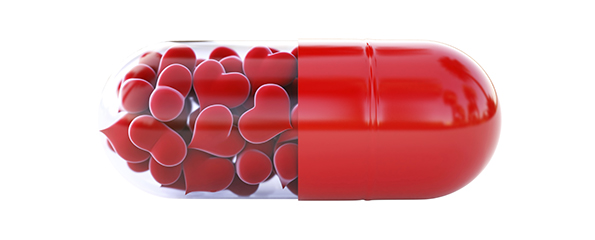Just as we have intricately complex interactions with the people and institutions around us, we all have snowflake-style unique relationships to the substances that enter our bodies. One way to examine these unique connections is through the interaction of drug, set, and setting.
Drug, obviously, is the pharmacological action of the substance itself. This can include such considerations as:
Though considerations of the substance's particular properties are necessary, they are not sufficient. There is a common tendency to reduce a drug's outcome strictly to its typical physical effects, and to see this as predictable and stable (for example, assuming alcohol will make you sociable and fun, or that cocaine inevitably leads to grandiose, manic behavior). The reality, as we shall see, is far more complex. Set (or "mindset") refers to all possible variables that YOU as a substance user bring to the table, such as:
Setting is both the physical and social environment of the use:
The dynamic interaction between these three domains can produce an infinite variety of idiosyncratic responses, and it is vital for both users and treatment providers to consider all the variables involved. From here, we can begin exploring the nuances of this interaction; a question that I commonly ask folks that I work with is: "If this was a person, what would your relationship be like?" Some possible answers might be:
Substances can become so many things to us: lovers, friends, confidants, companions, tormentors. For those whose early lives have been lacking in attachments, they can provide a first experience of an ongoing, stable relationship. They can encourage us to freely express ourselves when we're inhibited, they can help us set boundaries with an intrusive environment, and they can give us a sense of power when we feel weak. They often offer to protect us from things we don't want to think and feel. When we tell someone struggling with substance use that they should "just QUIT, already," we miss the opportunity to explore these complexities; we have also not yet provided them with any viable alternatives to getting their needs met. Any hope for enduring change must begin with unpacking the meanings behind this most intimate of partnerships, and exploring alternative ways of caring for oneself and coping with one's life. Thanks so much for reading, and I hope this was interesting for you. Next time, I hope to delve into the heart of change/don't change ambivalence. Take care!
5 Comments
|
Jessica Katzman, Psy.D.I'm a psychologist with a private practice in San Francisco's Castro District. I'm interested in harm reduction, LGBTQQIAAP issues, psychedelic integration, social justice conversations, size acceptance, and any intersections of the above. I welcome your comments! Categories
All
Archives
June 2020
Disclaimer: The information and resources contained on this website are for informational purposes only and are not intended to assess, diagnose, or treat any medical and/or mental health disease or condition. The use of this website does not imply nor establish any type of therapist-client relationship. Furthermore, the information obtained from this site should not be considered a substitute for a thorough medical and/or mental health evaluation by an appropriately credentialed and licensed professional. This website includes links to other websites for informational and reference purposes only. This website does not endorse, warrant or guarantee the products, services or information described or offered at these other websites. Examine the content carefully.
|


 RSS Feed
RSS Feed